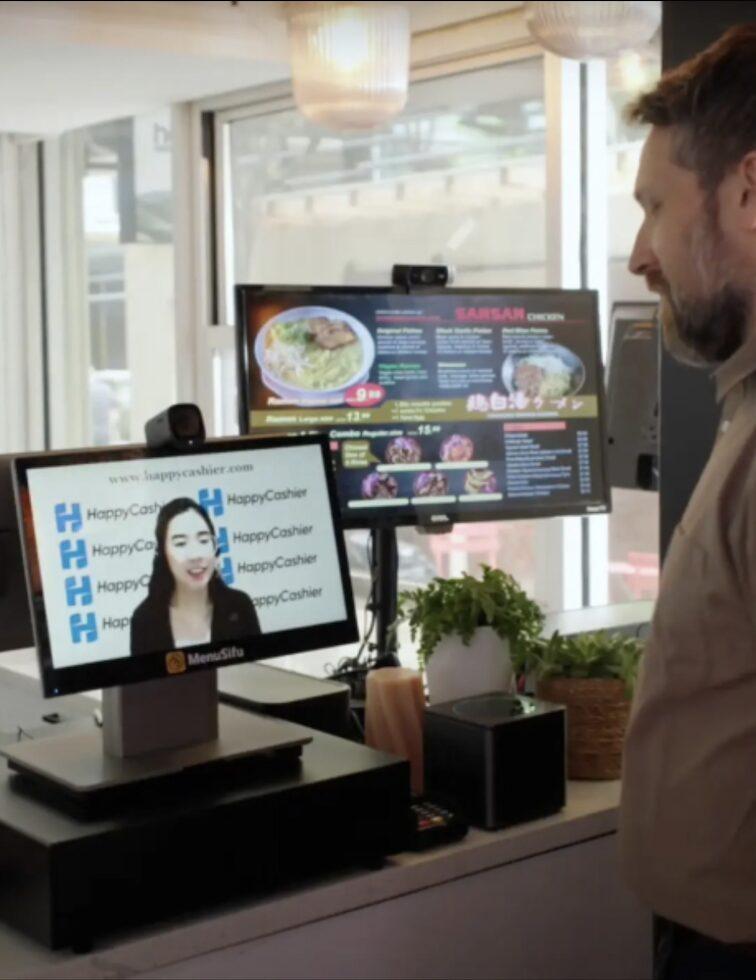To keep up with everything going on with the Fil-Am community, I read the Asian Journal and my Bible everyday so that I know what each side is doing.
People, not only in the past, present and future have done so many things to make one’s deadline easier to meet, without discarding sordid politics back home (the tale of the little big pigs).
PR stories yell to be legitimate news, the vicious being toasted. The overkill society parties of every color, feverish fundraising, no matter how its sugarcoated, infers donor fatigue.
At every corner out there, expos in all their colossal extravaganzas, you name it, everything is there!
Otherwise, cultural journalism flourishes at the other side of the world — the 2016 presidential contest is more than two years away.
Mrs. Hillary Clinton has not decided whether she will be a part of it.
But the race to define her potential candidacy is well underway — and outside her control.
Mrs. Clinton is trying to hover above the partisan fray for as long as possible, but some of her allies appear to be placing her back in, giving the presidential buzz what one pundit said “breathless attention.”
Meanwhile, the former First Lady, has been busy giving speeches, writing a book and working on early-childhood initiative through her family’s charitable foundation, while her advisers largely have stayed quiet on the TV projects and other forces outside her control.
In the journalism world, the shocking fire sale of the once-vaunted Washington Post last August to a home-shopping magnate, is another inglorious jolt, reminding what all this means for the future of news business.
Amazon.com founder Jeffrey P. Bezos’ purchase of Washington Post promises not just an ownership change for the 135-year-old institution, but a potential transformation of the feisty mechanics of the newspaper business.
Bezos’ personal $250-million deal for the Post unleashed a big case of how the billionaire might play to reverse the sagging fortunes of the past publishers.
It is the usual array of financial obstacles for the newspaper: declining of print and the rise of the digital age. The uncertainty about prodding readers to pay for stories online, looms over the industry. It is hard to say what all these mean for the future of news business.
Will the Amazon.com approach to the newspaper save the business? Does Mr. Bezos have a hands-on business plan in place for his news organization? This is what media people ask.
He has more of a re-invented business attitude in mind for the Post, when he advised employees in his first letter that “there is no map” and that all hands would need to invent and experiment, while heeding the needs of the reader.
Intellectually, the media world get it. Emotionally, they are reeling!





